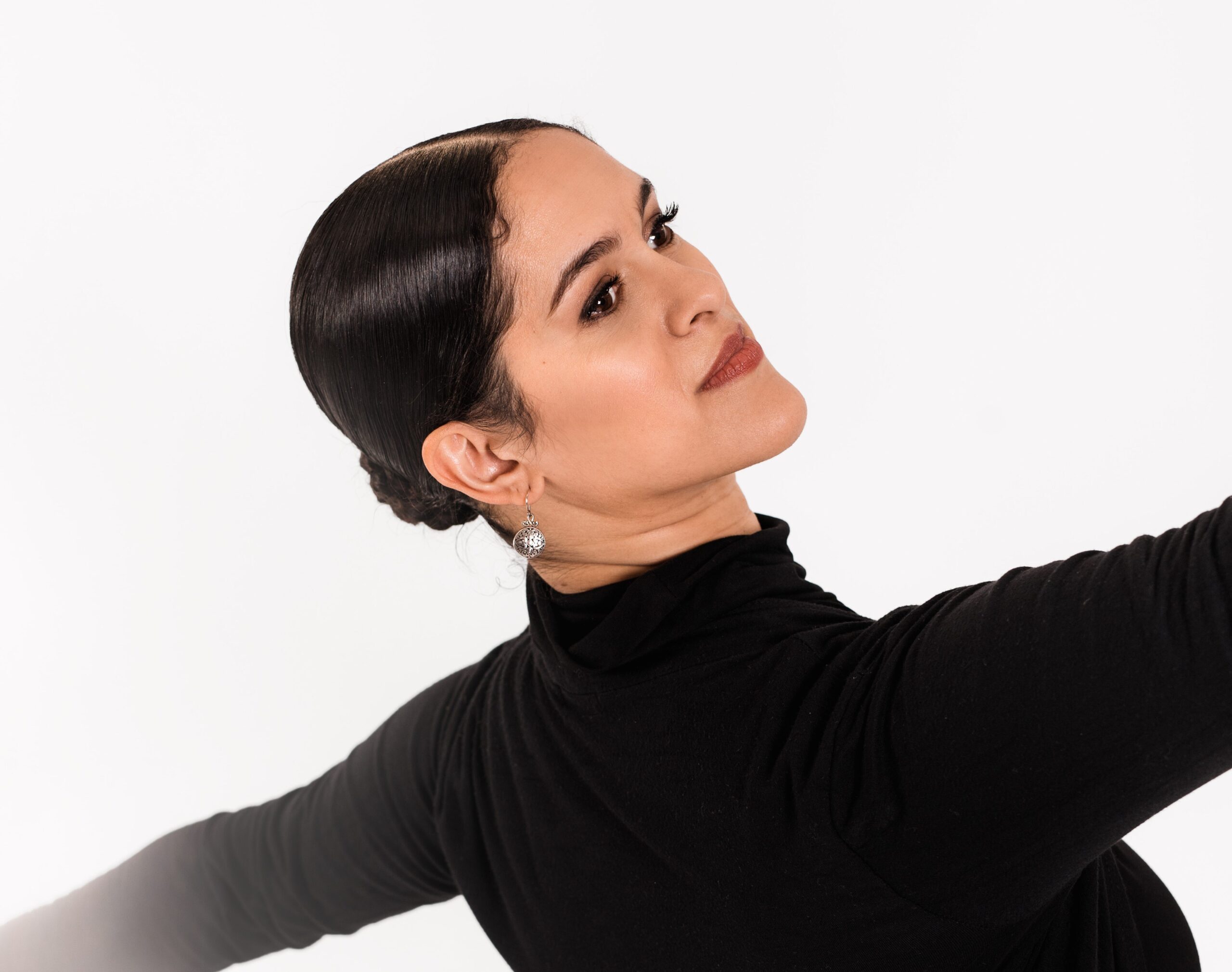Jessica Epting was a gymnast as a child. After she mastered her tumbles, cartwheels and walkovers, her instructors told her to take ballet if she wanted to continue in the sport.
“Ballet is a thing white girls do,” she thought.
It still very much is, and that’s why Epting, 41, highlights and mentors dancers of color whenever she can. Kids in the South Bronx don’t often get the chance to learn ballet, she said.
Epting’s father is Black. Her mother is white. She’s technically biracial but isn’t really sure what she prefers to be called.
She fell in love with the creative and slightly competitive nature of ballet. After rehearsing for months, she would finally step on stage, her body flushed with adrenaline, and everything would go blank.
“It’s kind of like an out-of-body experience,” she said. “You’re in a different world.”
Though dance is a major part of her life, Epting never let it define her. If she didn’t have ballet, she would know there was still more to her.
“First I’m a being with a soul,” she said. “Then I have definitely played different roles on Earth like being a mom, a wife, a ballet dancer and teacher, a yoga instructor. I’m training to be a doula, and I do a lot of activism in the community. But no one thing is who I am.”
Epting grew up in Nebraska with her mother and was homeschooled. Money was tight, but her family always found a way to make things work.
At 12, Epting was babysitting, teaching classes and cleaning floors at the Omaha Academy of Ballet to help pay for her lessons. Her Aunt Toni helped out when she could, paying for lessons, pairs of pointe shoes and ballet camp in the summer.
That same year, Epting established her first school in Omaha. What began as 30 kids at a rented room in the community center grew to a studio of nearly 200 students nine years later.
Now, she teaches at the Broadway Dance Center in Manhattan. The pandemic closed the studios, but the school quickly moved online with dancers performing pliés and grand jetés in their kitchens and living rooms.
In 2013, Epting started the Mott Haven Ballet. It’s a free school, created to bridge the racial and economic gap in ballet. The classes were held at a local library but closed because of the pandemic. She hopes to restart lessons in 2021.
“A lot of schools will take kids to a performance of ‘The Nutcracker,’ and that’s great exposure, too, but we expose the kids to being the dancer, not just observing,” she said. “We make them feel like they’re worthy of that kind of training and artistic expression.”

